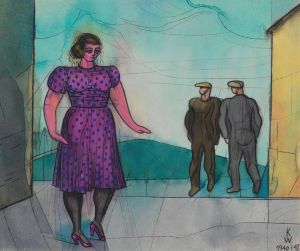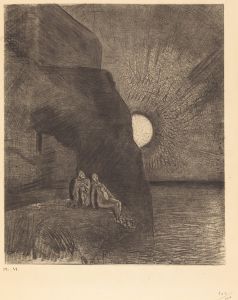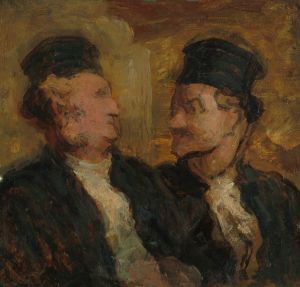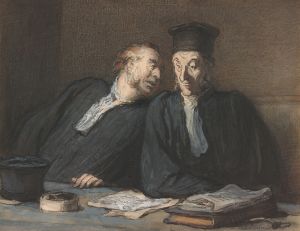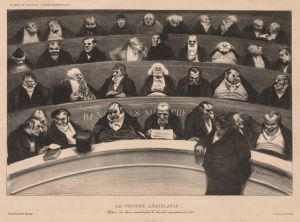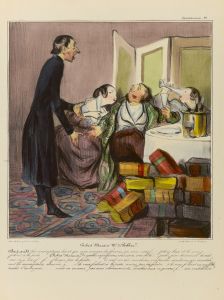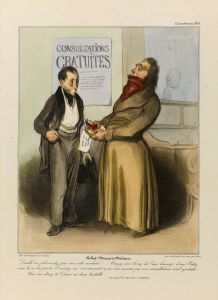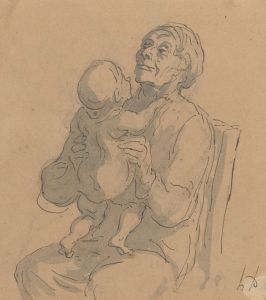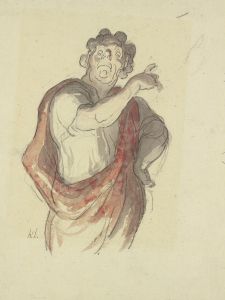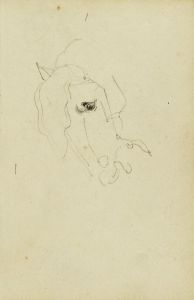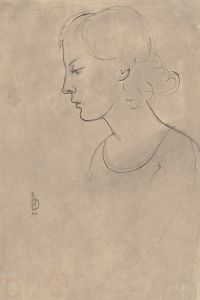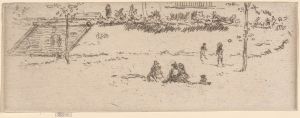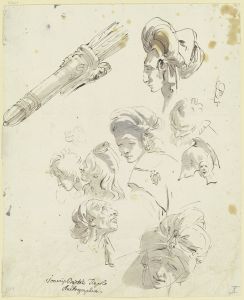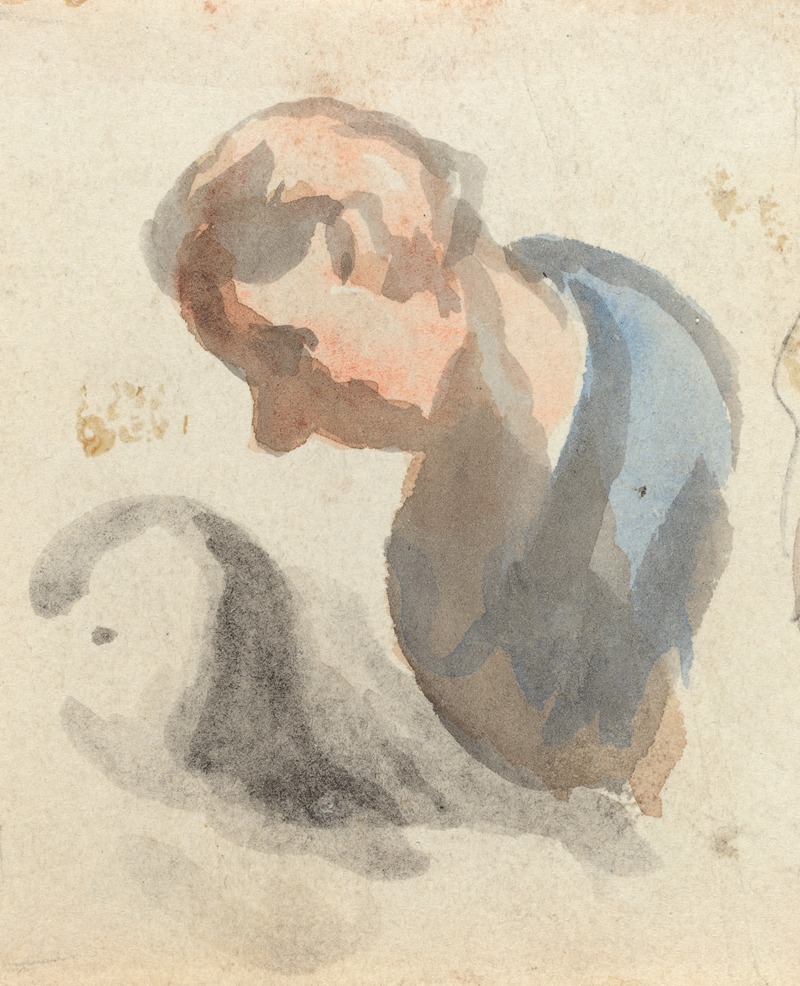
Head of a Man VII
A hand-painted replica of Honoré Daumier’s masterpiece Head of a Man VII, meticulously crafted by professional artists to capture the true essence of the original. Each piece is created with museum-quality canvas and rare mineral pigments, carefully painted by experienced artists with delicate brushstrokes and rich, layered colors to perfectly recreate the texture of the original artwork. Unlike machine-printed reproductions, this hand-painted version brings the painting to life, infused with the artist’s emotions and skill in every stroke. Whether for personal collection or home decoration, it instantly elevates the artistic atmosphere of any space.
"Head of a Man VII" is a work by the French artist Honoré Daumier, who is renowned for his contributions to both painting and caricature. Daumier was born in Marseille, France, in 1808 and became one of the most influential artists of the 19th century, known for his keen observation of social and political life in France.
Daumier's work spans various media, including lithography, sculpture, and painting. He is particularly celebrated for his satirical caricatures that appeared in journals such as "La Caricature" and "Le Charivari," where he critiqued the political and social issues of his time. However, his paintings, though less widely known during his lifetime, reveal a depth of emotion and a mastery of form and expression.
"Head of a Man VII" is part of a series of paintings by Daumier that focus on the human face, capturing a range of expressions and emotions. These works are characterized by their bold brushwork and the use of light and shadow to convey the psychological depth of the subject. Daumier's approach to portraiture often emphasizes the character and inner life of the individual, rather than adhering strictly to realistic representation.
The series to which "Head of a Man VII" belongs showcases Daumier's interest in the human condition and his ability to convey complex emotions through minimalistic yet powerful compositions. The paintings in this series are typically executed with a limited color palette, focusing on the interplay of light and dark to highlight the contours and features of the face. This technique allows Daumier to draw attention to the expressive qualities of his subjects, capturing fleeting moments of introspection or emotion.
Daumier's portraits, including "Head of a Man VII," are often seen as studies of character rather than specific individuals. This approach aligns with his broader artistic practice, which frequently sought to comment on universal aspects of human nature and society. The anonymity of the subjects in these works invites viewers to engage with the emotional and psychological dimensions of the portrait, rather than focusing on the identity of the individual depicted.
Throughout his career, Daumier's work was informed by his acute awareness of the social and political climate of France. His portraits, while less overtly political than his caricatures, nonetheless reflect his interest in the human experience and the complexities of individual identity. "Head of a Man VII" exemplifies this focus, offering a glimpse into the artist's exploration of the human psyche.
Today, Honoré Daumier is celebrated as a pioneer of modern art, with his work influencing subsequent generations of artists. His ability to capture the essence of his subjects with economy and precision continues to be admired, and his paintings, including "Head of a Man VII," are held in high regard for their emotional depth and artistic innovation.





